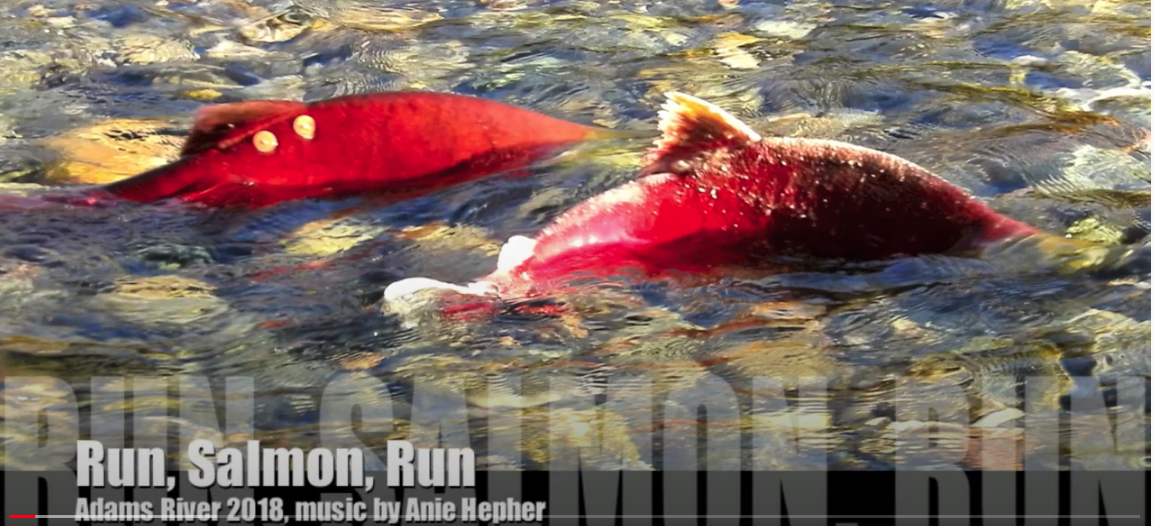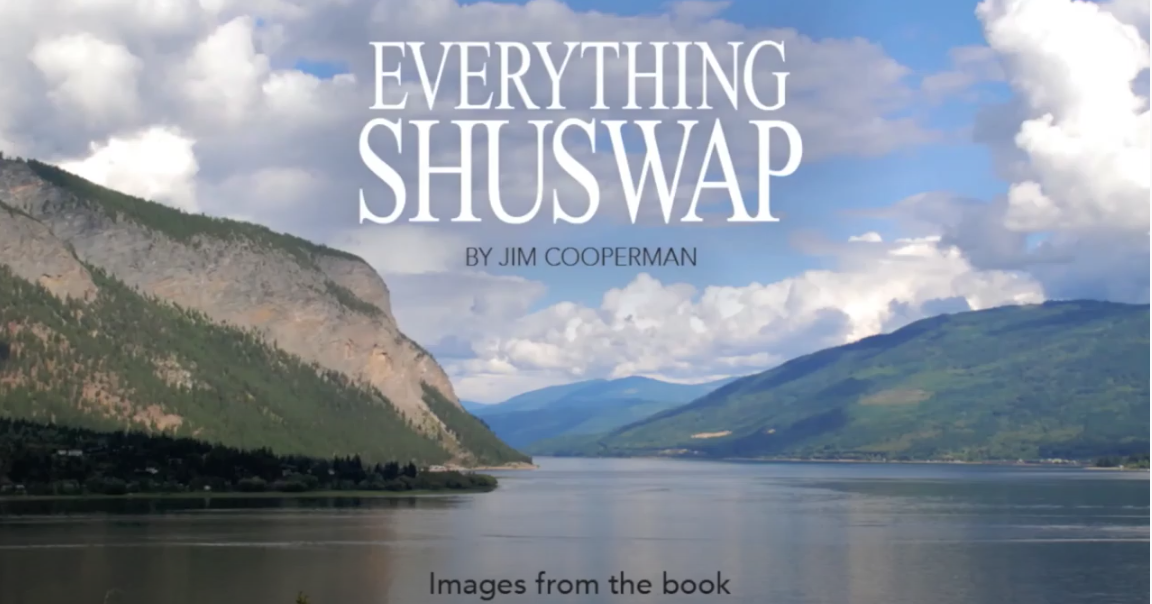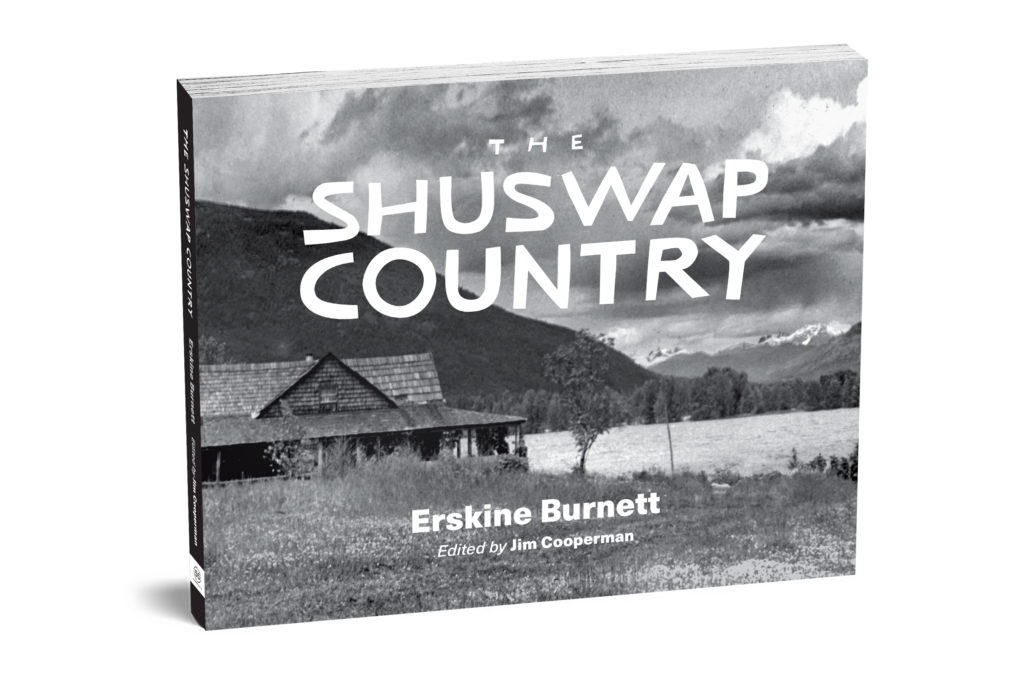January 13, 2011
Does anyone remember the predictions that this winter was slated to be colder than normal? Instead it looks like we are experiencing a repeat of the 2009-10 winter, with warm temperatures and rain instead of snow. Whereas last spring the concern due to the high snowpack was for flooding, this spring we could be looking at drought, along with a longer and more intense forest fire season. Already, there are reports of large grass fires in Alberta! And this wacky, warm, dry weather is occurring now across North America and Europe with many records being broken.
It certainly appears that climate change is already reaping havoc with our lives here, as elsewhere. And is this any wonder, when worldwide carbon-dioxide emissions increased again last year by nearly six percent? Most alarming is the news that melting sea ice north of Siberia is resulting in the massive release of methane gas, which is 20 times more potent than carbon dioxide. Research vessels this summer discovered hundreds of plumes, some more than a kilometre wide, bubbling up from the artic seabed. Methane gas is also increasingly being released from the melting permafrost and fires in the boreal forest are exacerbating this problem.
Despite the B.C. government’s carbon tax, which is not much more than a public relations scam, carbon emissions continue to grow at an alarming rate in our province due in part to the expanding gas and oil industry. While we may feel smug knowing that our electricity comes from hydroelectric facilities, in fact we actually import cheap electricity from coal fired plants so BC Hydro can make profits selling power to the U.S. at a higher rate!
Another little known provincial climate changing fact is that the massive die off of the pine trees due to the pine beetles is resulting in the release of massive amounts of carbon dioxide. Instead of absorbing carbon, the huge swaths of dead forests are releasing 250 million tons of CO2 into the atmosphere, which is the equivalent of all the car and light truck emissions in Canada for five years!
While some of us may be enjoying not having to shovel or dress warmly this winter, our local ski hills are suffering. Efforts to boost local tourism by promoting winter sports are made more difficult when it is raining in the hills instead of snowing. And, when the temperature does finally dip, we have ice to contend with instead of fluffy powder snow.
Unless there is a sudden resurgence of winter weather, forest fires will not be the only threat we will face this year. Low snowpacks also result in low stream flows. Less water in our streams will negatively impact agriculture as well as our yards and gardens. Come this fall, low stream flows could seriously impact the salmon and trout spawning. If there is not adequate moisture in the soil, our forests will also be impacted leading to more trees dying from drought, diseases and pests; which in turn adds to the vicious cycle of adding yet more carbon to the atmosphere as these dead trees rot.
The planet is experiencing a rapid increase in climate change impacts, including wildfires, drought, intense storms, and melting glaciers and sea ice; with costs over $53-billion from just 14 U.S. weather disasters. Despite these impacts the media is reporting fewer stories about global warming than in previous years. Meanwhile, the oil and gas industry is spending millions of dollars to promote expansion of the tar sands and the massive new pipelines they want built to handle the proposed growth. And the Canadian government refuses to reduce emissions while it continues to support the expansion of the oil and gas industry with more subsidies.
Here in the Shuswap, there is little we can do to reverse the decisions that are resulting in rising CO2 emissions. Lifestyle changes made by individuals are infinitesimally miniscule when compared to the massive increases in emissions from the oil and gas industry and from the enormous, dirty-oil burning freighters that ship goods from China.
Perhaps the best strategy would be to develop better adaptation measures, such as clearing more trees and brush from around our communities to minimize the impacts from forest fires and constructing more reservoirs to store the spring run-off to provide water when it is needed. As for winter sports, perhaps we need to promote a longer season for hiking and biking at lower elevations! And, it is never too late to join with the chorus of opposition to tar sands expansion, more pipelines and more coal extraction and burning.






